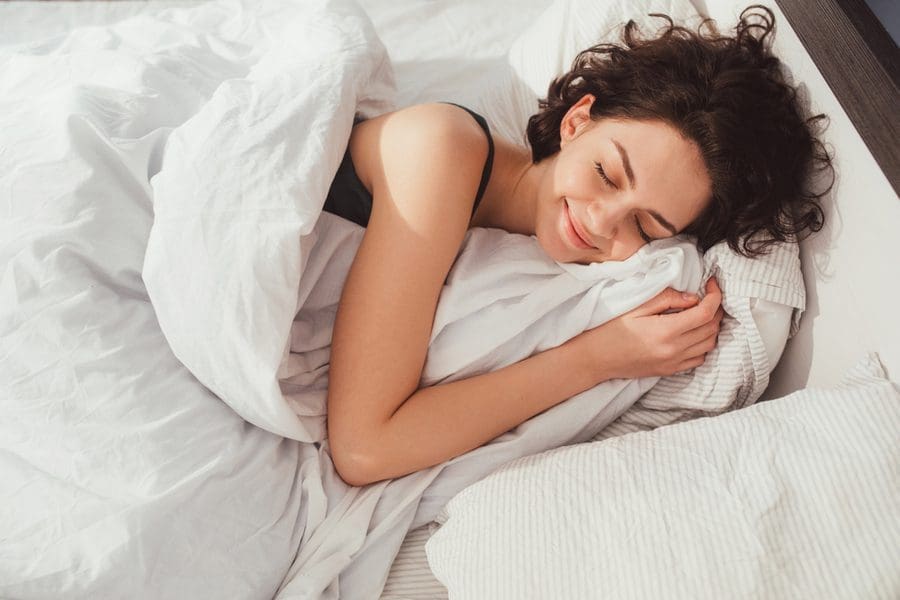There’s nothing like waking up from a good night’s rest: You feel energized and ready to tackle your to-do list with a fresh outlook. Everyone has a different amount of sleep that qualifies as “enough,” though most experts recommend that the average adult needs at least seven hours of sleep each night. Why? Below, we discuss some of the most important mental and physical benefits of getting adequate sleep.
Sleep Improves Your Immune System
It’s not surprising that the amount of sleep you get affects your immune system. When your body is well-rested, your immune system is more efficient; conversely, when you sleep poorly, you are at a higher risk of infection and more likely to get sick. Moreover, lack of sleep, even for just one night, has been shown to increase levels of inflammation in the body.
Sleep Helps Decrease Sugar Intake
Craving sugar is normal to some degree, but those cravings can be particularly noticeable if you aren’t sleeping well. When you get an adequate amount of sleep, you instinctively reduce your sugar intake. In the same vein, those who sleep well are overall more likely to make better food choices.
Sleep Gives You a Positive Outlook
When you are sleep-deprived, do you find that you compare yourself to others more than usual or that everything has become competitive for negative reasons? You’re not alone. A 2018 study showed that individuals who sleep better have higher satisfaction in life. How? The study showed that those who slept poorly were more prone to viewing happiness through a zero-sum mindset, which made them more likely to perceive the gains of others as their own losses.
Without exhaustion filtering out the good in your life, you are less likely to feel depressed or angry. During rough patches, being well-rested makes it easier for you to concentrate and sharpen your ability for critical thinking. Overall, your outlook on life is far more hopeful when you get enough sleep.
Effects of Caffeine on Sleep
We’d be remiss if we did not mention the effects of caffeine when talking about sleep! Two factors that affect sleep are how much caffeine you have in one day and how late you consume it. A 2013 study suggests that 400 mg of caffeine (the FDA’s maximum daily intake recommendation) can disrupt sleep even when consumed six hours before bed.
Getting a Good Night’s Sleep
Making sure you have a routine before bed, good hygiene, and a healthy diet will help you sleep better. In addition, check out these techniques to fall and stay asleep. We all have bad nights, but when you create healthy habits, you set yourself up for a happier, more refreshed version of yourself.






